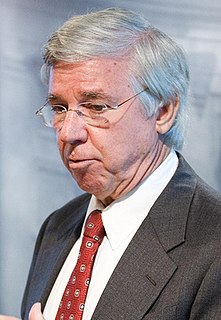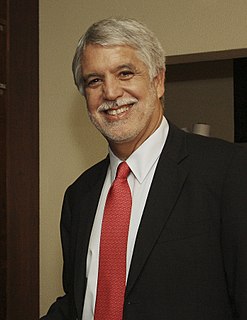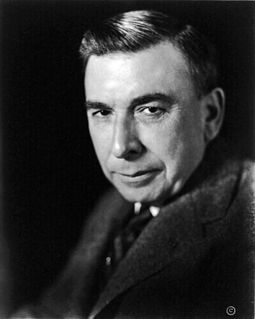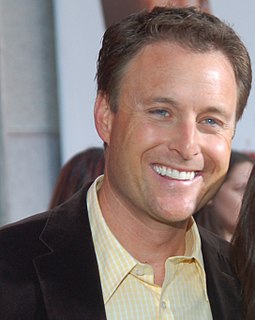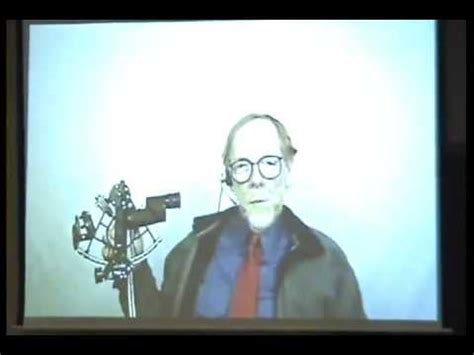A Quote by P. J. O'Rourke
Automobiles are free of egotism, passion, prejudice and stupid ideas about where to have dinner. They are, literally, selfless. A world designed for automobiles instead of people would have wider streets, larger dining rooms, fewer stairs to climb and no smelly, dangerous subway stations.
Related Quotes
If he desired to know about automobiles, he would, without question, study diligently about automobiles. If his wife desired to be a gourmet cook, she'd certainly study the art of cooking, perhaps even attending a cooking class. Yet, it never seems as obvious to him that if he wants to live in love, he must spend at least as much time as the auto mechanic or the gourmet in studying love.
We had to build a city not for businesses or automobiles, but for children and thus for people. Instead of building highways, we restricted car use. We invested in high-quality sidewalks, pedestrian streets, parks, bicycle paths, libraries; we got rid of thousands of cluttering commercial signs and planted trees. All our everyday efforts have one objective: Happiness.
In a pure anonymous encounter you find a world alive and full of character. In New York, the street adventures are incredible. There are a thousand stories in a single block. You see the stories in people's faces. You hear the songs immediately. Here, in Los Angeles, there are fewer characters because they are all inside automobiles.
I'm not so sure he's wrong about automobiles," he said, "With all their speed forward they may be a step backward for civilization-that is, spiritual civilization ... But automobiles have come, and they bring a greater change in our life than most of us expect. They are here, and almost all outward things are going to be different because of what they bring. They are going to alter war, and they are going to alter peace.
Let the people walk. Or ride horses, bicycles, mules, wild pigs-anything-but keep the automobiles and the motorcycles and all their motorized relatives out. We have agreed not to drive our automobiles into cathedrals, concert halls, art museums, legislative assemblies, private bedrooms and other sanctums of our culture; we should treat our national parks with the same deference, for they, too, are holy places.
What if we fail to stop the erosion of cities by automobiles? ... In that case America will hardly need to ponder a mystery that has troubled men for millennia. What is the purpose of life? For us, the answer will be clear, established and for all practical purposes indisputable. The purpose of life is to produce and consume automobiles.
In Chekhov, when people leave, a carriage is taking them away forever. The stakes are so high just for someone to make a simple exit. And now we have all this access to public transportation, automobiles and jets and the Internet; we're so easily distracted, but the world is still designed to destroy you. It just happens quicker and faster now.
For [Jane Austen and the readers of Pride and Prejudice], as for Mr. Darcy, [Elizabeth Bennett's] solitary walks express the independence that literally takes the heroine out of the social sphere of the houses and their inhabitants, into a larger, lonelier world where she is free to think: walking articulates both physical and mental freedom.





